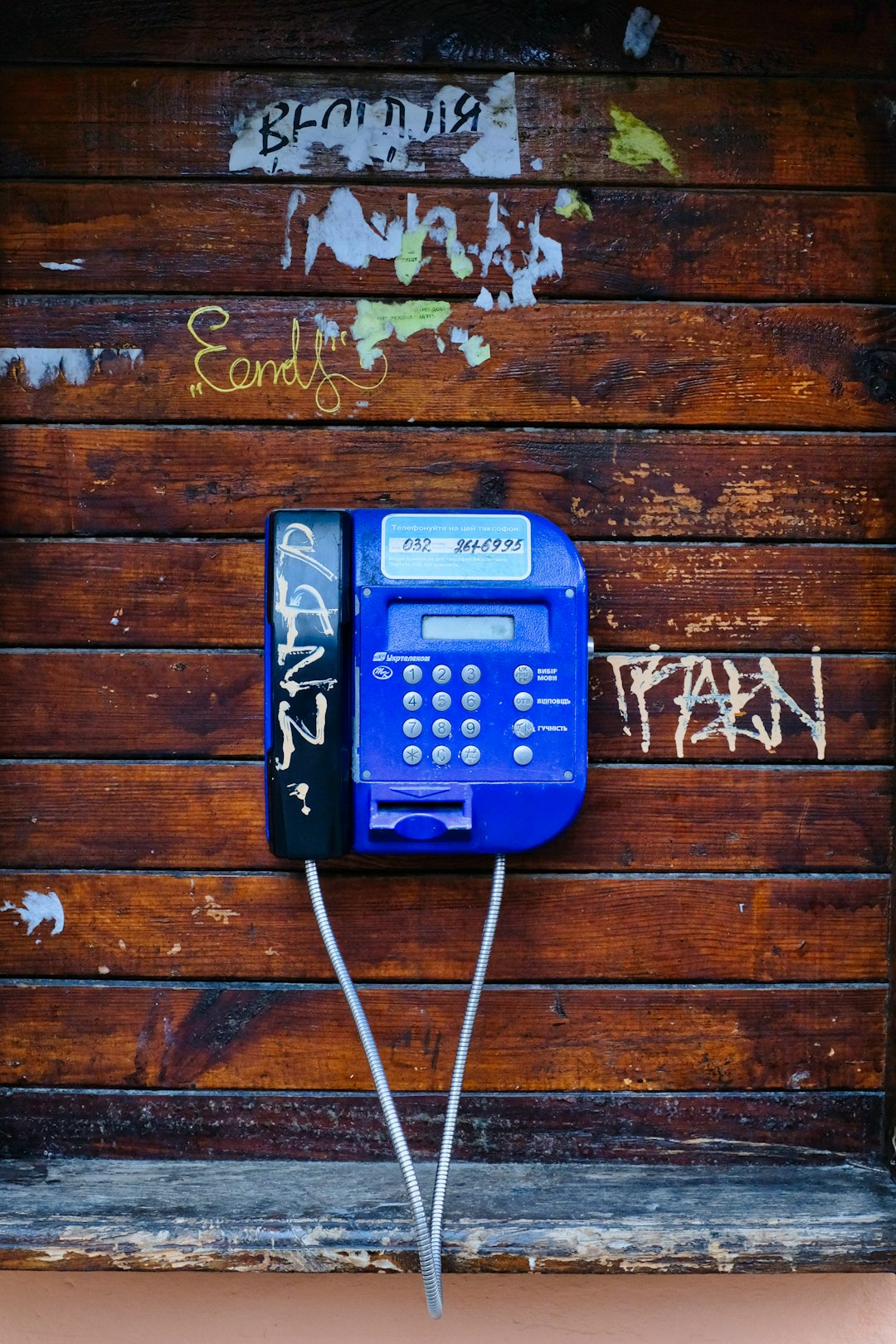Massachusetts' Do Not Call law offers robust protection against unwanted telemarketing and legal calls, empowering residents to safeguard their privacy. Residents can register their numbers, report violations, and assert "I am not interested" to block solicitations from do not call lawyers Massachusetts or sales reps. The official state list blocks solicitations, providing peace of mind and control over communication preferences, especially against persistent intruders in the digital age.
In Massachusetts, understanding and adhering to Do Not Call laws is crucial for families seeking to protect their privacy and peace of mind. This comprehensive guide explores how to navigate these regulations, offering practical strategies for effectively handling unwanted legal calls. From recognizing your rights under the state’s Do Not Call laws to implementing robust measures to safeguard your contact information, this article equips Massachusetts residents with the knowledge needed to avoid nuisance calls from lawyers and other professionals.
Understanding Do Not Call Laws in Massachusetts: A Family's Guide

In Massachusetts, the Do Not Call law is designed to protect residents from unwanted telemarketing calls and sales pitches. As a family, understanding this law can help ensure your peace of mind and privacy. The Massachusetts Do Not Call Law prohibits businesses from making telephone solicitations to consumers who have registered their numbers on the state’s official “Do Not Call” list. This means that if you register your home or mobile number, you won’t receive calls from telemarketers or sales representatives unless you explicitly opt in.
When it comes to enforcement, Massachusetts allows consumers to file complaints against businesses that violate the Do Not Call law. If you receive a call from a do not call lawyer Massachusetts or any other unauthorized party after registering your number, document the incident and report it to the Massachusetts Attorney General’s office. This proactive approach helps protect not just your family but also your community from aggressive sales tactics.
Strategies to Respectfully Handle Unwanted Legal Calls

When faced with unwanted legal calls, Massachusetts residents have several strategies to respectfully handle them and avoid engaging with unsolicited legal advice or services. One effective approach is to immediately assert your desire not to be contacted through a clear and firm message. You can say something like, “I am not interested in any legal services at this time, please do not contact me again.” This direct communication often stops the calls, especially if you emphasize your decision in a polite yet decisive manner.
Additionally, consider registering for the Do Not Call list maintained by the Massachusetts Attorney General’s Office. This official list helps block phone calls from certain types of telemarketers and legal firms. By enrolling, you signal your preference not to receive such calls, providing further protection against unwanted legal solicitations. Remember, being proactive about your privacy rights is a crucial step in managing and limiting these intrusions.
Protecting Your Privacy: Implementing Effective Do Not Call Measures

In today’s digital era, protecting your privacy is more important than ever. For Massachusetts families looking to avoid unwanted phone calls, implementing robust do not call measures is a crucial first step. Engaging the services of specialized Do Not Call lawyers Massachusetts can help establish and enforce these protections effectively. These legal experts know the ins and outs of state regulations, ensuring your rights are respected while keeping your personal space free from intrusive marketing calls.
By putting in place stringent do not call policies, families can safeguard their peace of mind and control their communication preferences. This is especially beneficial for those dealing with persistent telemarketers or fraudsters. With the right legal guidance, Massachusetts residents can navigate this aspect of modern life with ease and confidence, knowing their privacy is secured.






